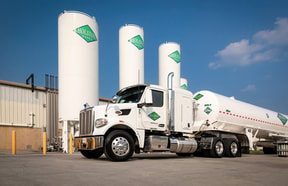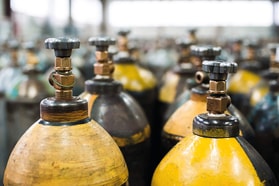Humber region targets Chancellor’s CCUS funding
Harbour Energy recently issued a report setting out the significant economic benefits the Viking CCS CO2 transport and storage project can unlock in the Humber region – as regions position them as centres for carbon capture utilisation and storage (CCUS) following the announcement of new government funding this week.
With the Chancellor of the Exchequer, Jeremy Hunt, announcing £20bn of support in his Spring Budget, projects such as the Viking CCS carbon dioxide (CO2) transport and storage project in the Humber region are keen to secure funding that will turn their projects into reality.
The Viking CCS cluster aims to transform the Humber into the centre of the UK’s Net Zero economy. The project could unlock up to £7bn of investment across the full CO2 capture, transport and storage value chain from 2025 to 2035, providing an estimated £4bn of gross value add (GVA) to the region and creating up to 10,000 new jobs during construction.
Chancellor Hunt said the government’s £20bn programme of investment in CCUS would help create 50,000 jobs, capture up to 30 million tonnes of CO2 by 2030 and put the UK on its way to becoming “a science and technology superpower.”
... to continue reading you must be subscribed
























